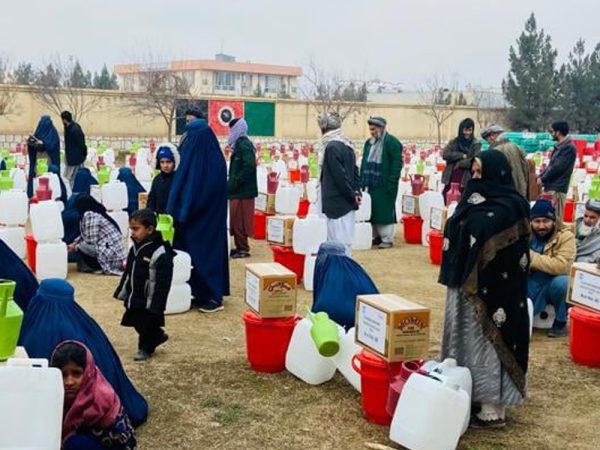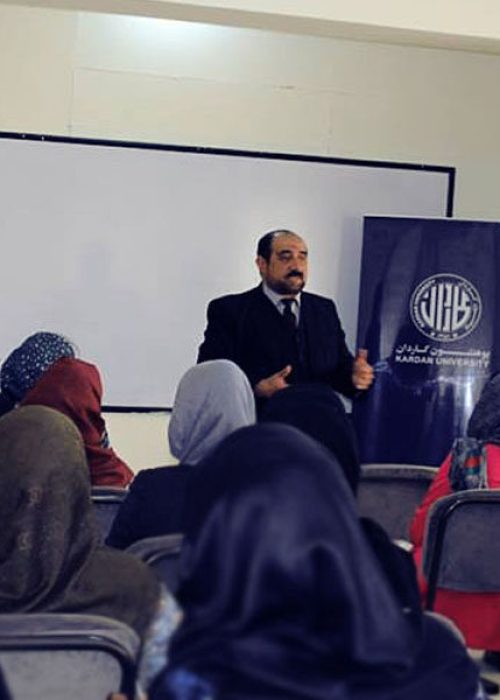- Faisal Hospital Street, Kabul, Afghanistan
- + 93 079 459 7948
(AWSDC) The Commitment for Change
Our thematic focus areas are Peacebuilding and Conflict Transformation, Promoting Women’s rights, supporting survivals of Gender Based Violence (GBV), Economic Empowerment and Humanitarian Response. AWSDC follows triple nexus as it integrates development, Peace and humanitarian interventions for wider impacts.
Geographical Focus Areas:
AWSDC geographical focus areas are Kabul, Bamyan, Samangan, Faryab, Kunduz, Herat and Kandahar, Kapisa, Ningarhar and Paktya Provinces. As strategic member of AWN, the organization has access to all region of Afghanistan where the target population are in dispersed need of humanitarian, development and the issue of rights is concerned.


Our core competencies:
AWSDC core competencies is found in Women’s rights and supporting survival of GBV through Women Protection Centers, Child Protection, Peacebuilding, Livelihoods, WASH and Humanitarian Response. AWSDC has been engaged in promoting women’s rights through advocacy, lobby, mobilizing and increasing women’s capacity to claim their rights- develop the capacity of the rights holders and challenge the duty bearers to understand their responsibility and act more responsibly. AWSDC has been the pioneer in establishing Protection Center (Shelter) for the survivors of GBV in Kabul since 2005 and then increased level of violation AWSDC managed and run Shelter in other provinces of Afghanistan such as in Bamyan. To protect the rights of the women as sustainable approach AWSDC supported and develop the capacity of community-based Women Rights Defenders across Northern provinces to report violation of human rights. Since 2022 AWSDC scaled up its Women Protection services in Balkh province while Child Protection in Herat Province. The coverage areas of GBV/Women Protection have been extended to Paktya, Bamyan, Kunduz and Kandahar Provinces. Meanwhile, AWSDC has been engaged with UN-WOMEN to scale up its Women Protection Center/Family Resource Centers currently in Kabul to Kunduz and Kandahar provinces. AWSDC has been the first women lead organization in supporting rural communities in conflict management through establishing community-based Peacebuilding Shuras. Likewise, AWSDC as of 2013 has strived inclusion of women in government led High Peace Council both at national level and Provincial level.
Since 2013 has established more than 100 Peacebuilding Shuras in Parwan, Kapisa and Faryab provinces. Through the support of our team the Shuras has resolved over 500 cases.
national non-governmental organization (NGO), based in Kabul and dedicated to the promotion and protection of the rights of women in Afghanistan. It was founded in 1999 in Pakistan with a mission to provide Afghan women refugees with training and support for their skills development and economic empowerment.
© 2024 AWSDC All Rights Reserved, Powered by MSOFT Technologies.